First-Gen Americans Are Revealing What It Was Like To Visit Their Parents' Original Country, And I Didn't Expect Them To Get So Real
If you're first- or second- (or any earlier) generation American and grew up connected to your heritage through your family, you know that visiting your — let's say — country of ethnic origin can be amazing, challenging, or some combination of both.
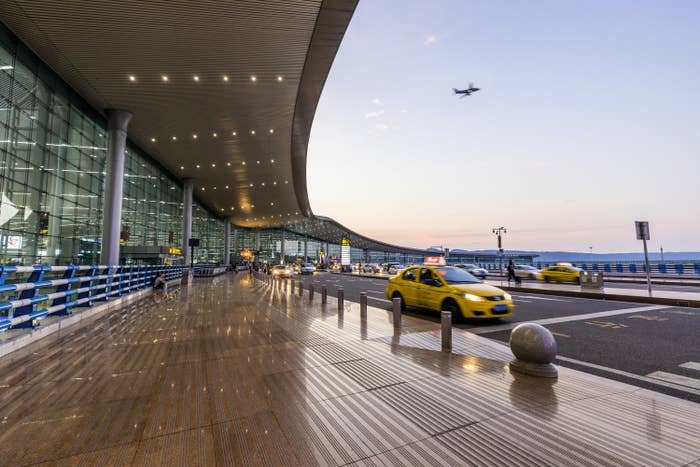
Maybe you're embraced by your family and feel connected to your culture. Or maybe, despite a Karen calling it "your" country, the people there only see you as American, and your accent or slang makes it obvious.
To talk more about the nuance of being an early-generation American, we asked members of the BuzzFeed Community to tell us what it was like to visit their country of ethnic origin. Here are their stories:
1."My mom is from Guatemala, and I went back with her for the first time in 30 years in 2018. It was such an eye-opening experience. Listening to my aunts and uncles' stories of growing up and hearing more about my mom's childhood was the cherry on top. My family definitely expected me to be a typical American. My aunt even bought me 'American food' and thought that I'd struggle with the language. Since my siblings and I grew up in the states without any real extended family, it was nice to hang out with cousins I never knew I had. I ended up feeling closer to the culture I grew up with and now feel so strongly about not losing it."
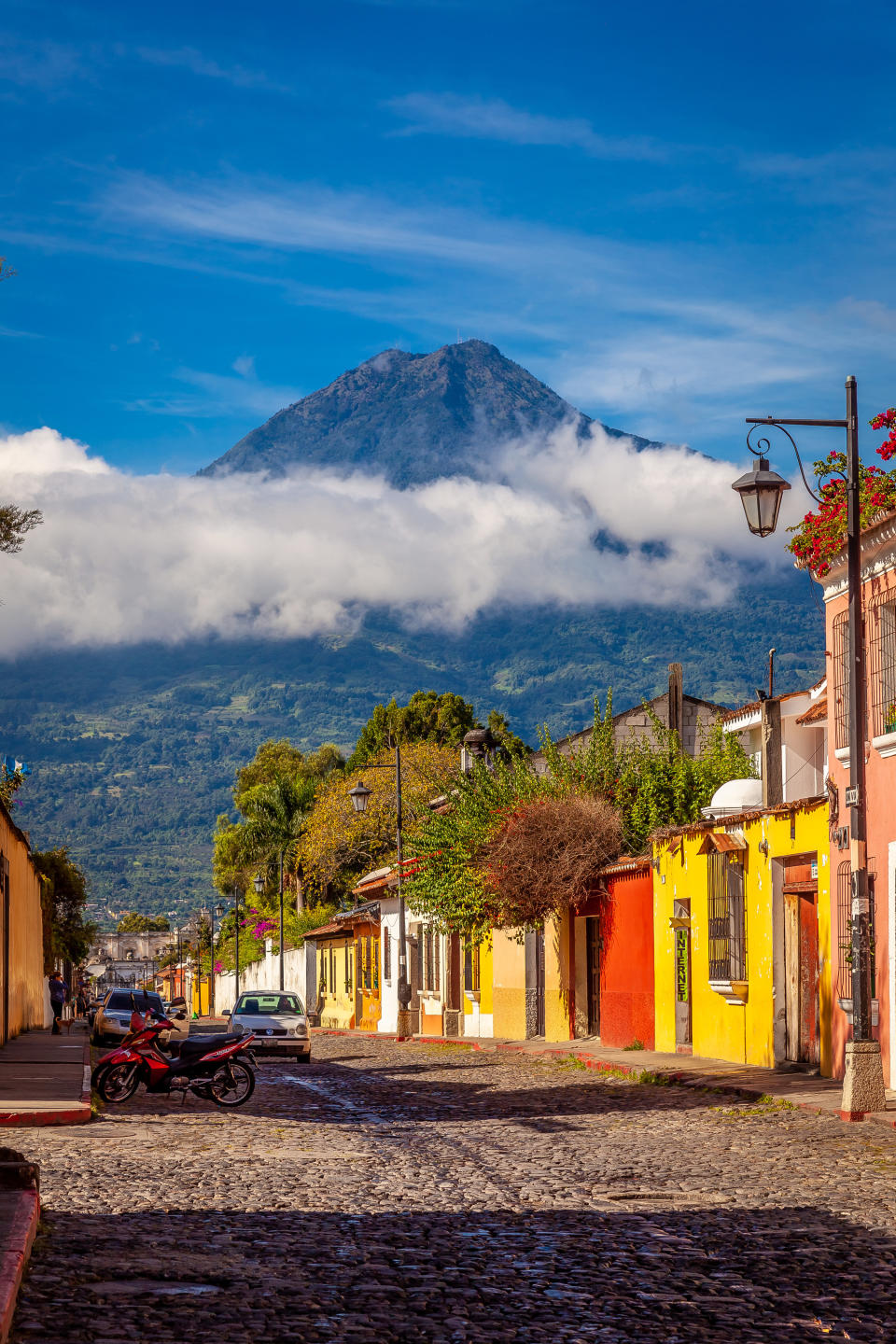
"My mom had a rough upbringing not because of poverty but because of her adopted family members. She was hesitant to even visit her hometown, but once there, she felt completely healed. My mom got to basically be a tourist in her home country, and we experienced it all together."
2."My parents are both ethnically Chinese, but neither of them ever lived in mainland China. English is their only common language and the only language I speak. They met in California, where we still live, and fully embraced being American. When I was a young teen, we visited China with our extended family and some friends. It didn't feel too different from other international trips we'd done where we were exposed to other cultures. There was no personal history as none of us, including our parents, had ever lived there. I just felt like a tourist; I wasn't 'connected' to the place by anything more than a technicality."

"For background, my dad grew up in British Hong Kong, and my mom grew up in Indonesia, where the Chinese are a persecuted minority. He speaks Mandarin, Cantonese, and English. She speaks English, Indonesian, Dutch, and German.
I grew up as an American with my family around me as my parents' siblings and parents immigrated here, too."
3."My parents are from Bangladesh, but I was born here and always spoke Bengali at home. Because we moved constantly, I never grew up in any area with a Bangladeshi population. In spite of that, my mom was anti-integration. She was hardcore into her own culture, so I'd wear cultural clothes to picture day, etc. When I was 12, I went to Bangladesh. I could speak the language, and, if anything, my relatives were surprised by how much more 'traditional' I was than them because of how my mom raised me! They were wearing pants and shirts while I was wearing salwar kameez (a traditional outfit) and two long braids. I was like a girl from Bangladesh in the '50s."
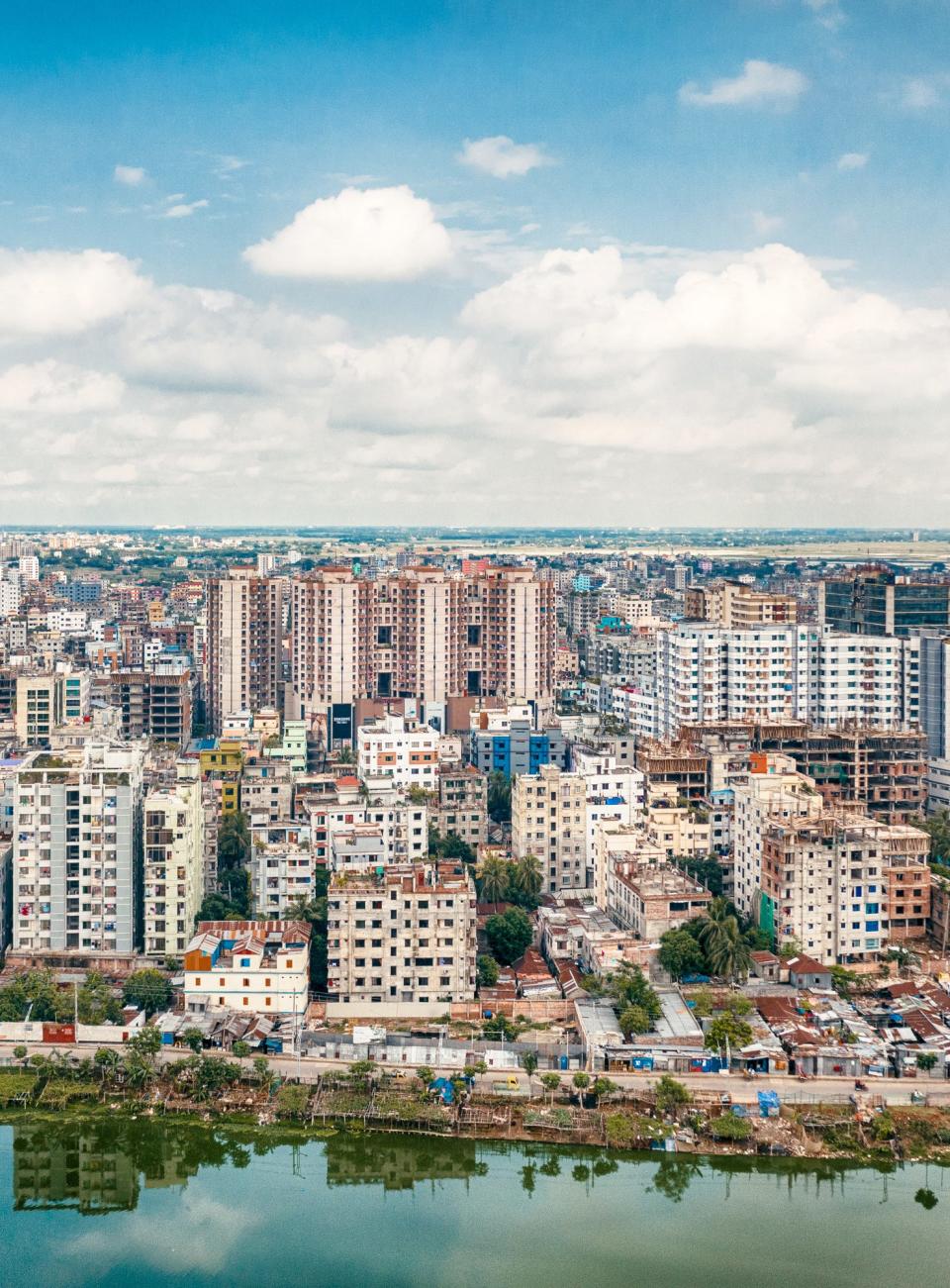
"I finally went back again in 2018 with my Salvadoran husband and 3-year-old son. It was very surreal. My husband really loved my family's culture, so he fit in even though he didn't speak the language.
As for me, I am definitely a 'hyphenated' identity. I feel as American as hell but also feel like part of my soul is in Bangladesh. When I come back from visiting, I feel like I'm losing a limb."
4."As a second-gen Italian American, I found it weird when I went to Italy for the first time. It gave me a sense of nostalgia and homesickness I didn't expect, and I didn't feel valid in those feelings since I recognized my experience growing up Italian American was distinctly different from the culture in Italy. It was a great trip, but it definitely made me feel a way I didn't anticipate."

—Mia
5."When he was 6, my grandpa moved to America from a small village on a small island in Croatia. His family never had the money to go back, and my parents never took us. As an adult, my husband and I went with our kiddo, and I'm the first and only person in my family to go back. My grandpa had passed by that time, so I didn't get to tell him about it, but I felt so connected to my roots. My family also loved seeing all of the photos of where my grandpa was from."
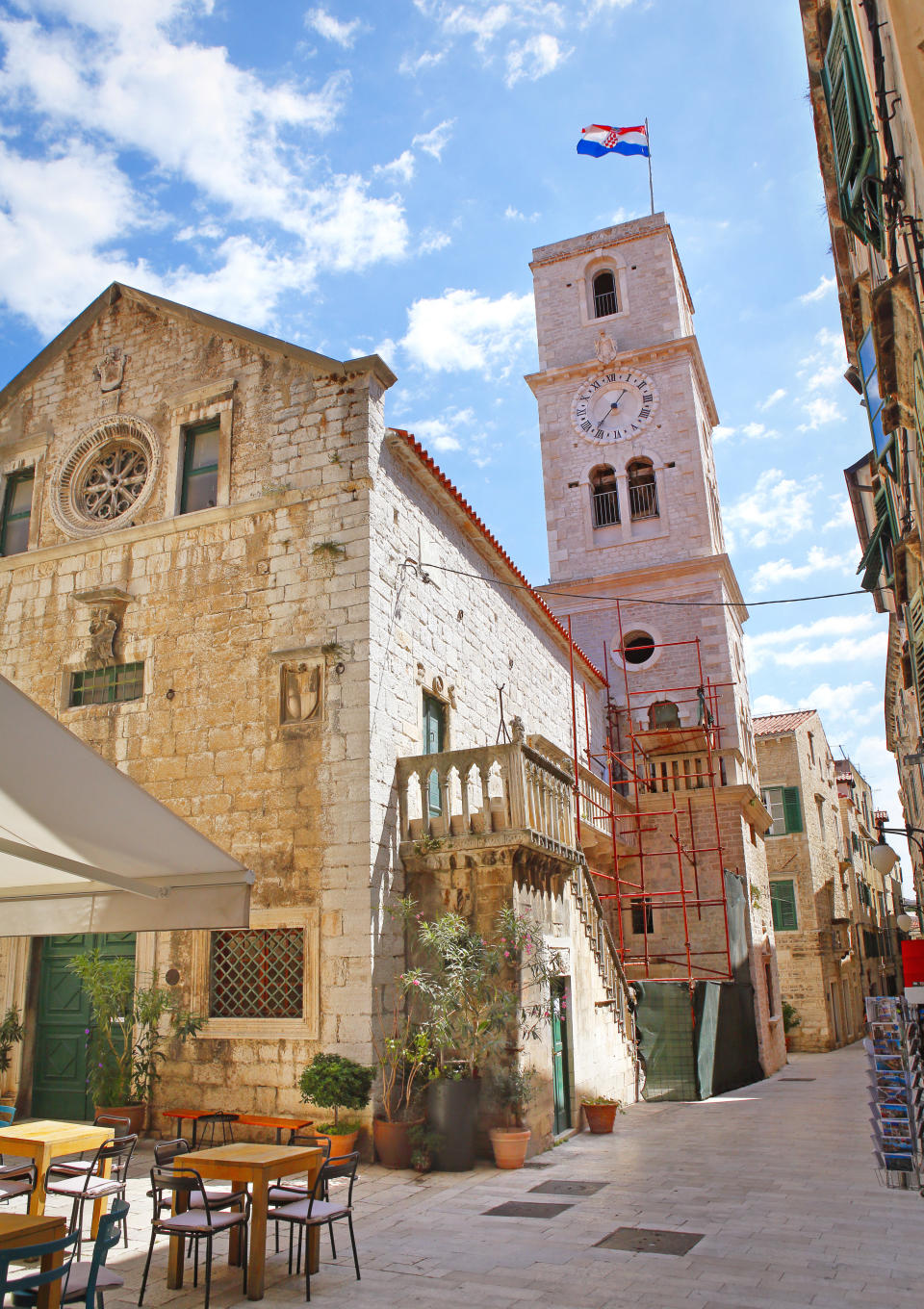
"On the island he was from, I ran into a man who was the spitting image of my grandpa. It made me miss him so much."
6."I took my dad back to Lebanon earlier this month. We're Palestinian, but he grew up in a refugee camp in Lebanon. It was miserable and magical at the same time. I had a lot of anxiety because, as an Arab American, there are certain things I don't know to say or do, and my Arabic is broken. My dad also had a lot of fear and anxiety as he doesn't have the best memories there. It took courage for us both to go. Seeing my dad embrace his siblings, whom he hadn't seen in 28 years, made it worth it. I came to appreciate and have compassion for just how impossible it was for him. It would've been so easy to stay a refugee in Lebanon without citizenship and the ability to travel, start a business, or own property. That was familiar and known. But he did the riskier, unknown thing by taking a chance and coming to America and trying to gain citizenship."
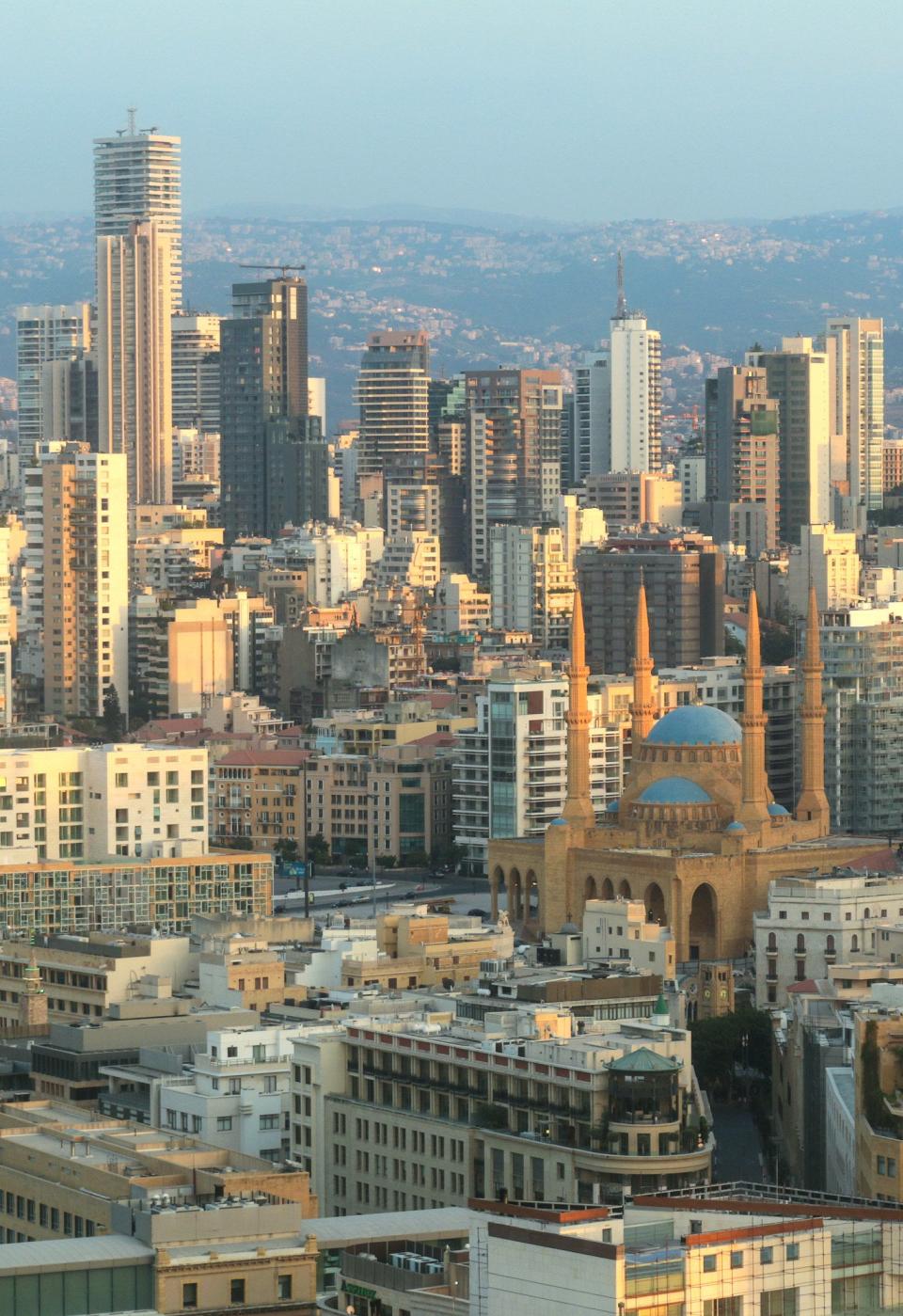
"I healed any lingering hurt, resentment, bitterness, and confusion in regard to my relationship with my father on this trip. That is priceless to me for all that I walked around Lebanon, a fish out of water, struggling to breathe."
—Nadia
7."My parents emigrated from Ukraine on a religious refugee visa to the states. I was born three years later. Growing up in a sub-culture, all my friends were Slavic. I grew up eating Ukrainian food and watching old Soviet movies. Needless to say, I was pretty isolated from surrounding culture. When I was 18, I took a gap year and moved to Ukraine. I remember the warm feeling when I first landed. It felt like home. I can't explain why, but I knew I belonged there. It was as if my body knew it was the place of my heritage."
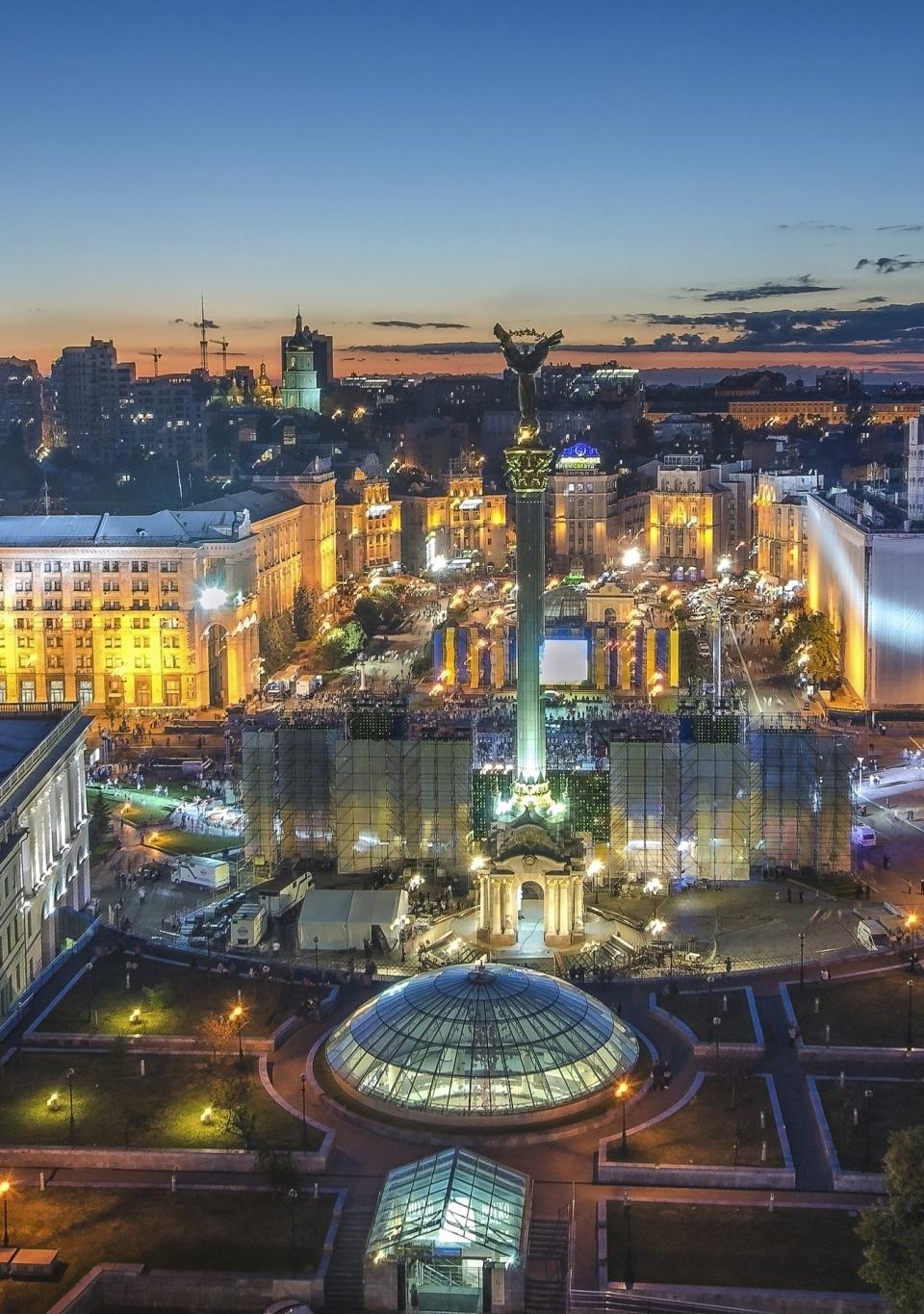
"I spent my year in Kiev and had a great gap year, and I made many friends who I'm still in touch with all these years later."
—Anonymous
8."My mom moved to the states from Denmark when she was 19 to be an au pair. She married my dad, who is American, and had a family here. Every couple of years, we traveled to Denmark as a family of six. But three months ago, I went for 10 days with just my mom and had a different experience. Copenhagen feels like home to me. I feel so connected to the 400-year-old buildings, the Viking burial sites, the sea, the food, the people, and the streets that have connected Copenhagen for hundreds and hundreds of years. Every part of Denmark feels like that's where I am supposed to be. There are challenging aspects, as well. I find it frustrating to not speak Danish, although the sound of the language is so familiar to me having heard it my whole life. My younger cousins say I'm 'not really Danish,' even though they themselves also only have one Danish parent but were raised in Denmark."
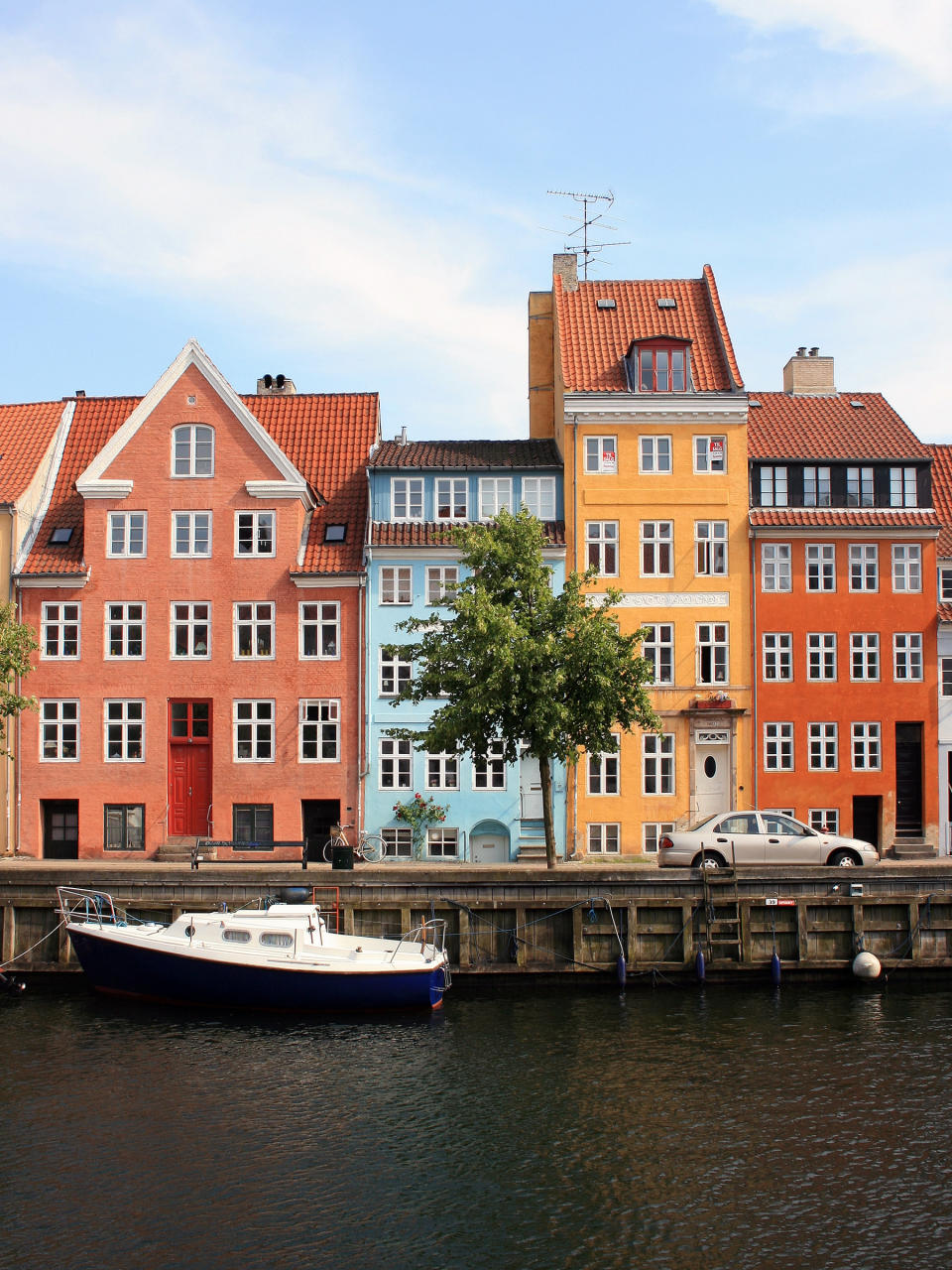
"The cousins who are my age take me out when I am there, but they make little comments that make it known they don't see me as a part of their family. It hurts. I feel a disconnect from the family aspect of my life, but the country feels like my home, at least ancestrally. It's like I can feel it through my body that my mother's mother and her mother before that and on and on are there with me."
—N June
9."From Peru here! My family and I immigrated to the US back in the early '90s. Due to our citizenship status, we weren't able to go back for a little over 20 years. I went back in my early 20s, and it was one of, if not the most, formative trips I've ever taken in my life. It was truly something special to visit family in their homes and walk around places my parents once did. I cried while flying out. I left feeling like the trip was too short and there was still so much to see."
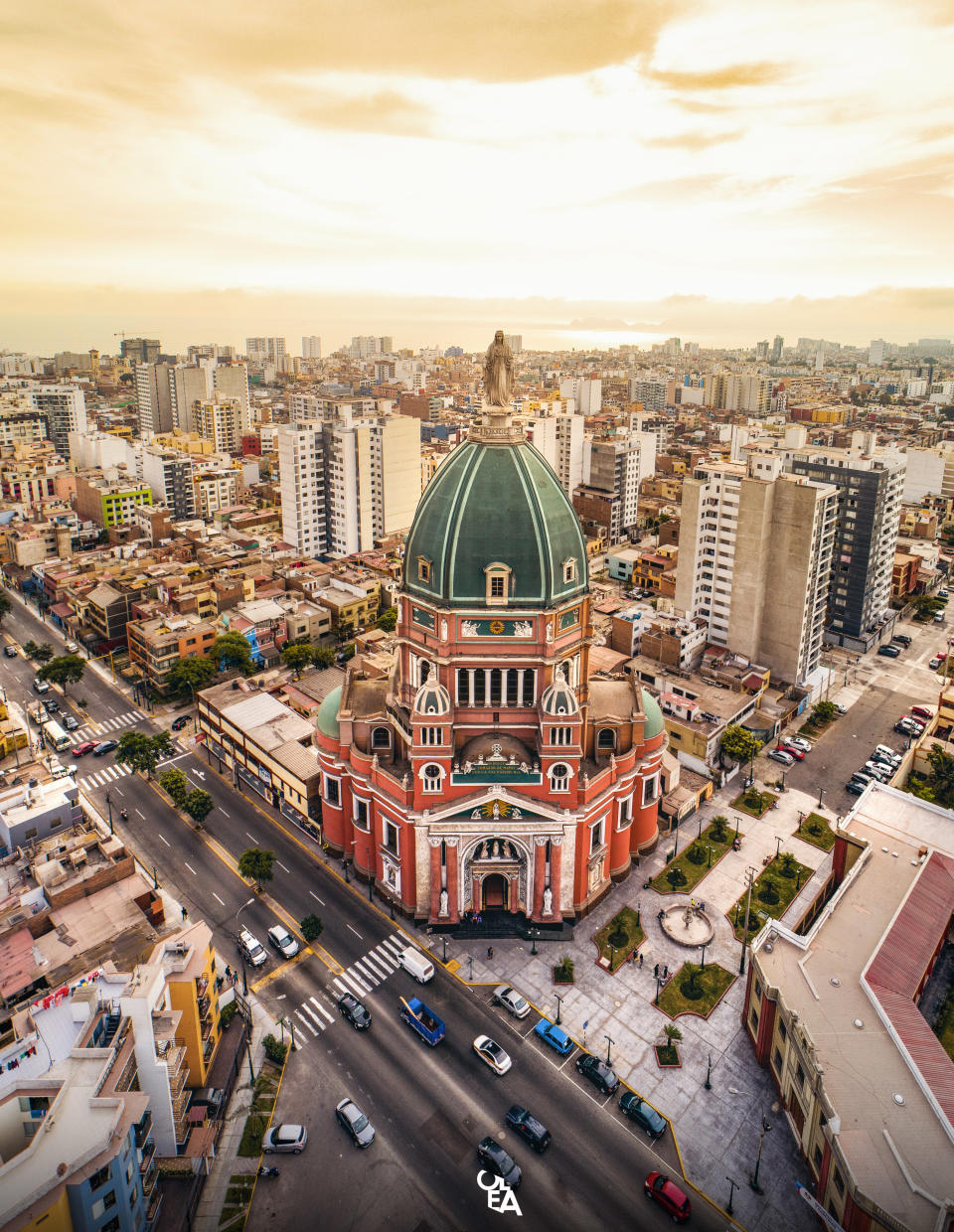
—MsTeacher
10."It was both amazing and challenging. My mom moved here when she was 18 from the Philippines. My dad is from the states. The poor areas are so sad; there are children begging when you exit your vehicle. The traffic is as bad as peak downtown LA traffic. Also, people stared at me everywhere I went. I don't have bleached skin, and I was in the 'rich' neighborhoods, so it seemed to bother people that I was dark. It was unsettling. It also took way too long to find soap that didn't contain bleaching products. However, the humidity made my skin glow, and the hair products did wonders to my hair. The food and culture were also amazing! Christmas in the Philippines isn't comparable to any holiday in the states! Honestly, I could live in either place."
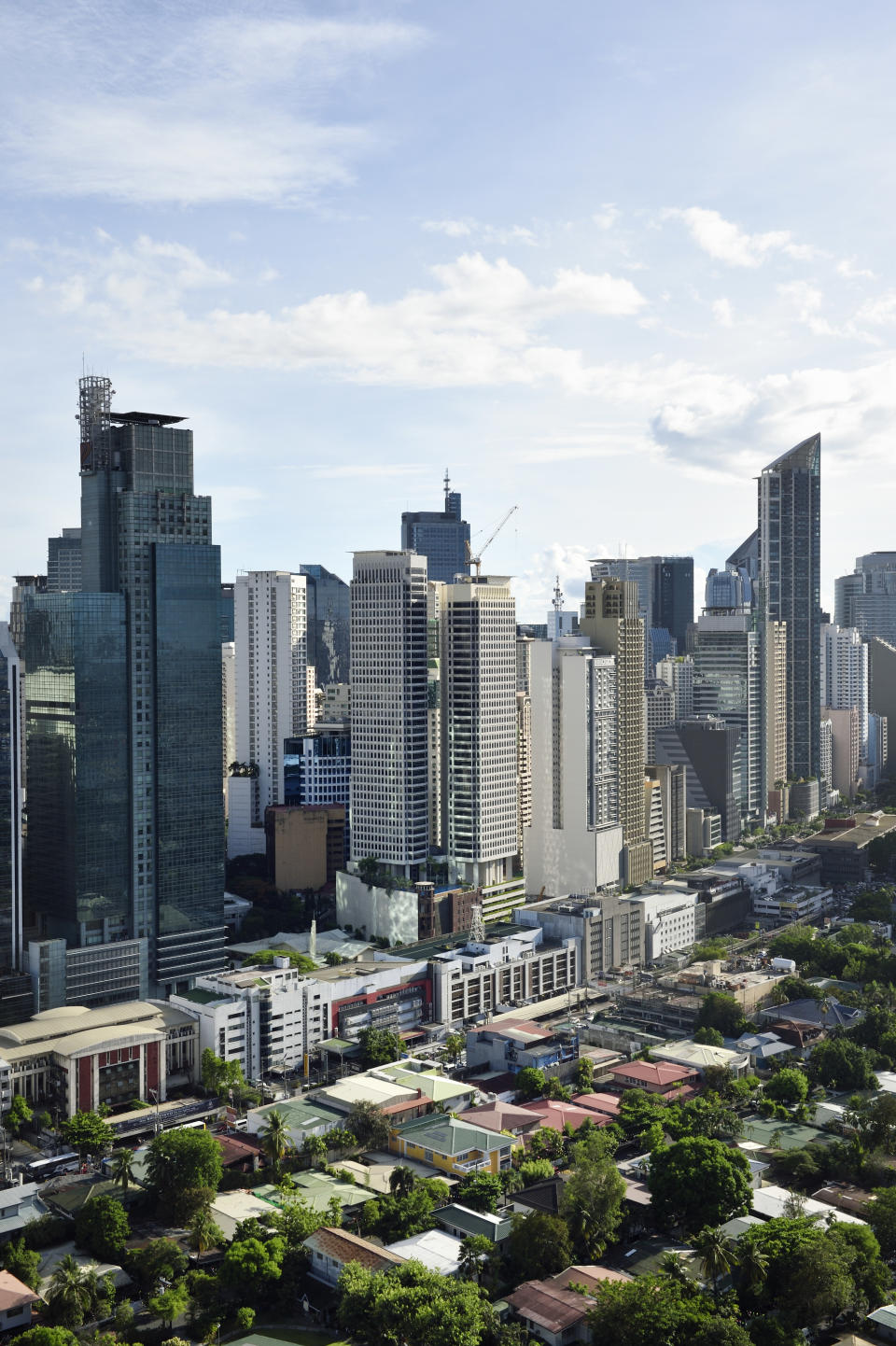
"I've been four or five times now, and I always feel a shock when I come back."
—Dani
11."My biggest challenge was language: I spoke Spanish but not enough to be understood without a bit of explanation. The first week, I refused to use the restroom out of sheer will because it was outside. It felt weird to me. The second week, I was in a city, so I went, and it hit me how unrealistic it was. After a certain point, I felt welcomed to live in Honduras (where my mom grew up) and didn't want to leave. The food is definitely better for you, but you also have to take into account that there are times where you lack water or electricity — sometimes both for days at a time. Things like WiFi, air conditioning, and washing machines are for those who have money or have money being sent to them by children or spouses in the US."
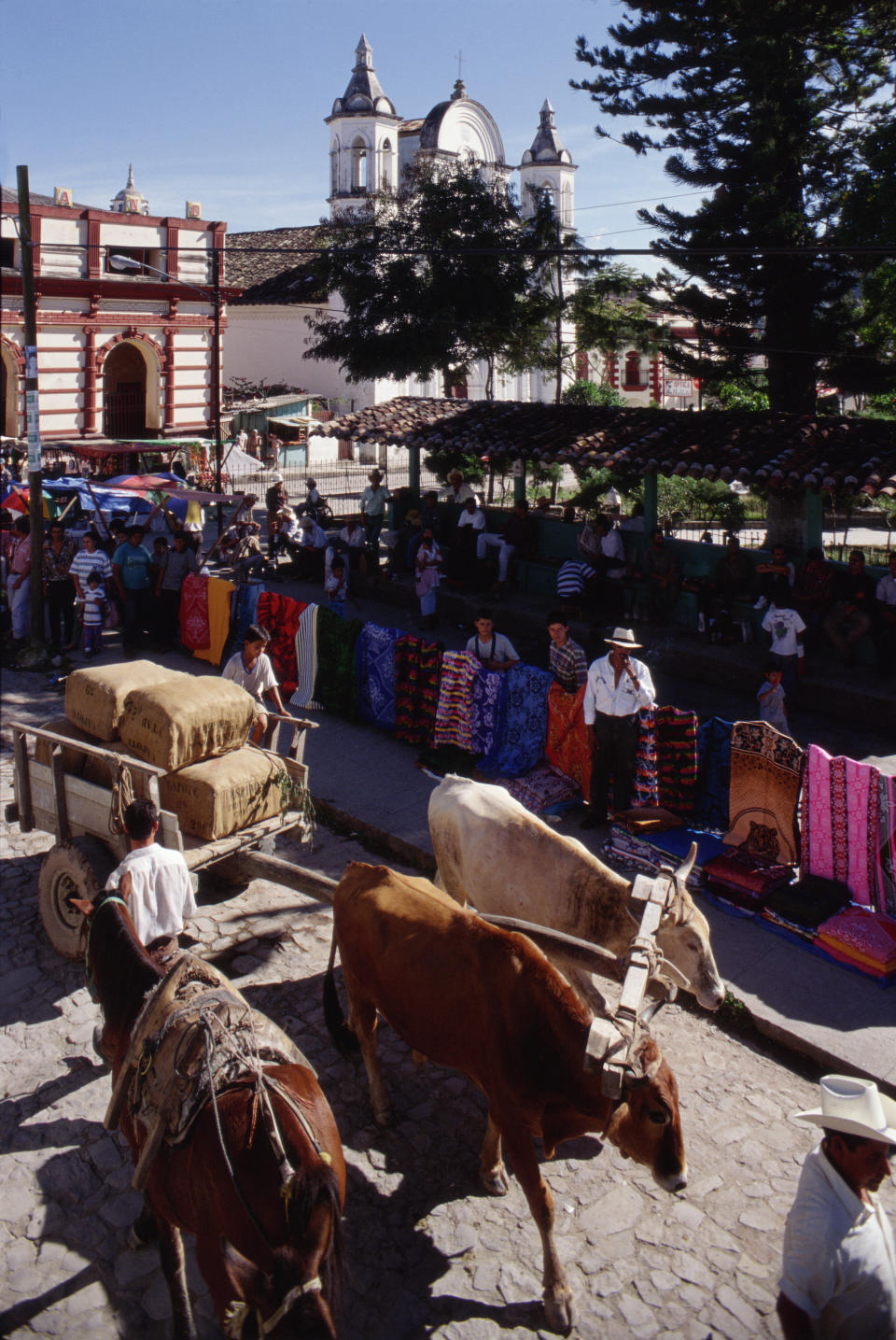
"At one point, I was so tired from lack of sleep that when I found my bisabuela's slippers, I spoke in straight English. I didn't understand the confusion on her face until I realized what I’d done. I also had cousins asking me to count in English or say phrases."
—Xio
12."In 1993, my parents migrated from Cuba to Miami, where I was born. My most vivid memory of Cuba is from when I was 13 years old and visited for a month. I stayed with my grandparents, who were better off than most residents of the island. I had a pretty nice time overall, but it was sad to see the living conditions of my family. None of the houses I visited had A/C, and most did not have running water. All the buildings were also in vast need of repair. I wasn't accustomed to their lifestyle, so it took me a while to adjust. Even though I spoke perfect Spanish, the other kids I'd met considered me to be American. Personally, I wouldn't go back."
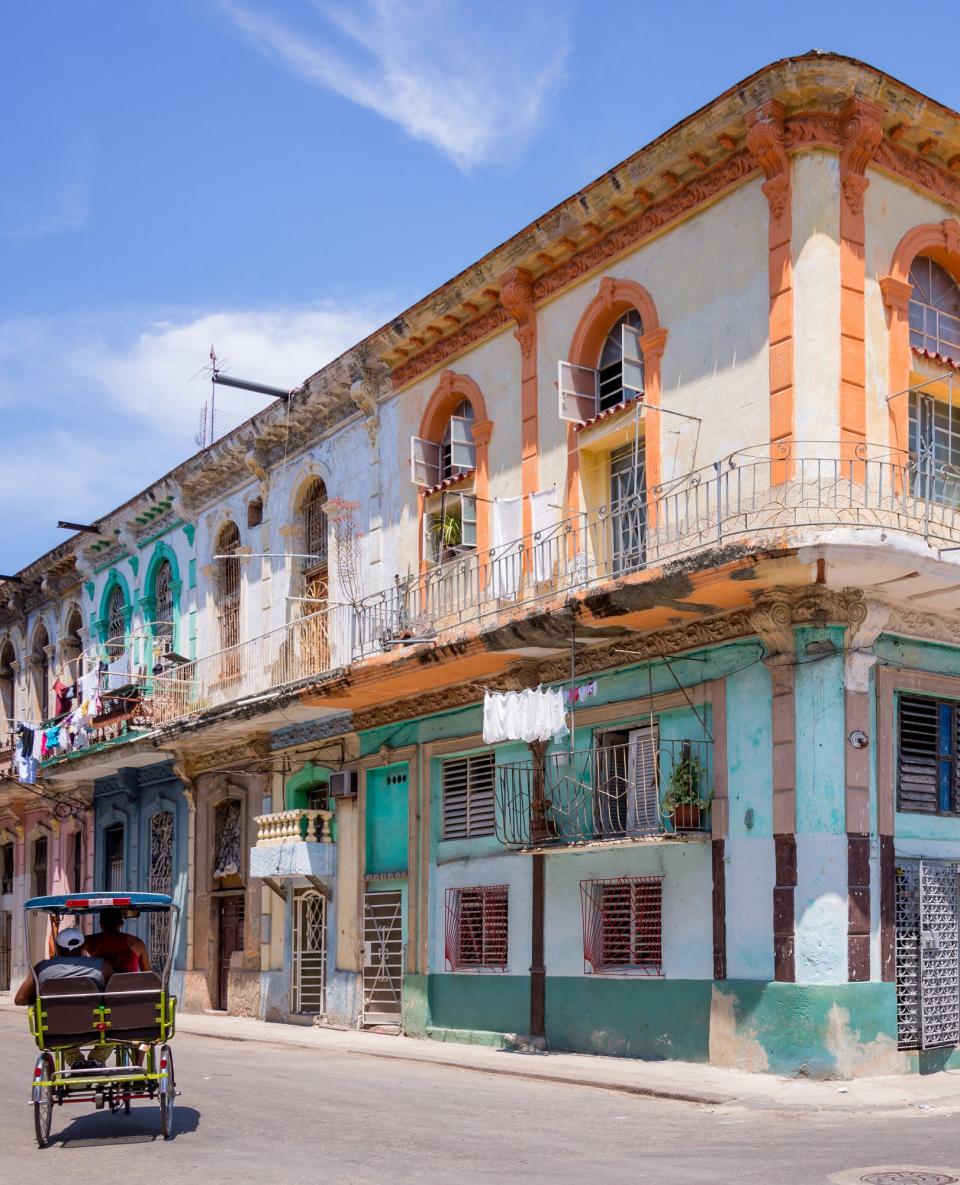
"I no longer have family over there as they have all migrated or have passed. Going there to vacation would just make me sad."
—Emely
13."The biggest shock was learning I had an American accent when I speak Polish! I had grown up speaking Polish at home and didn't realize that I don't sound like everyone else until it was pointed out to me. It was also a shock to discover how much I didn’t understand because I was limited to my everyday vocabulary at home."
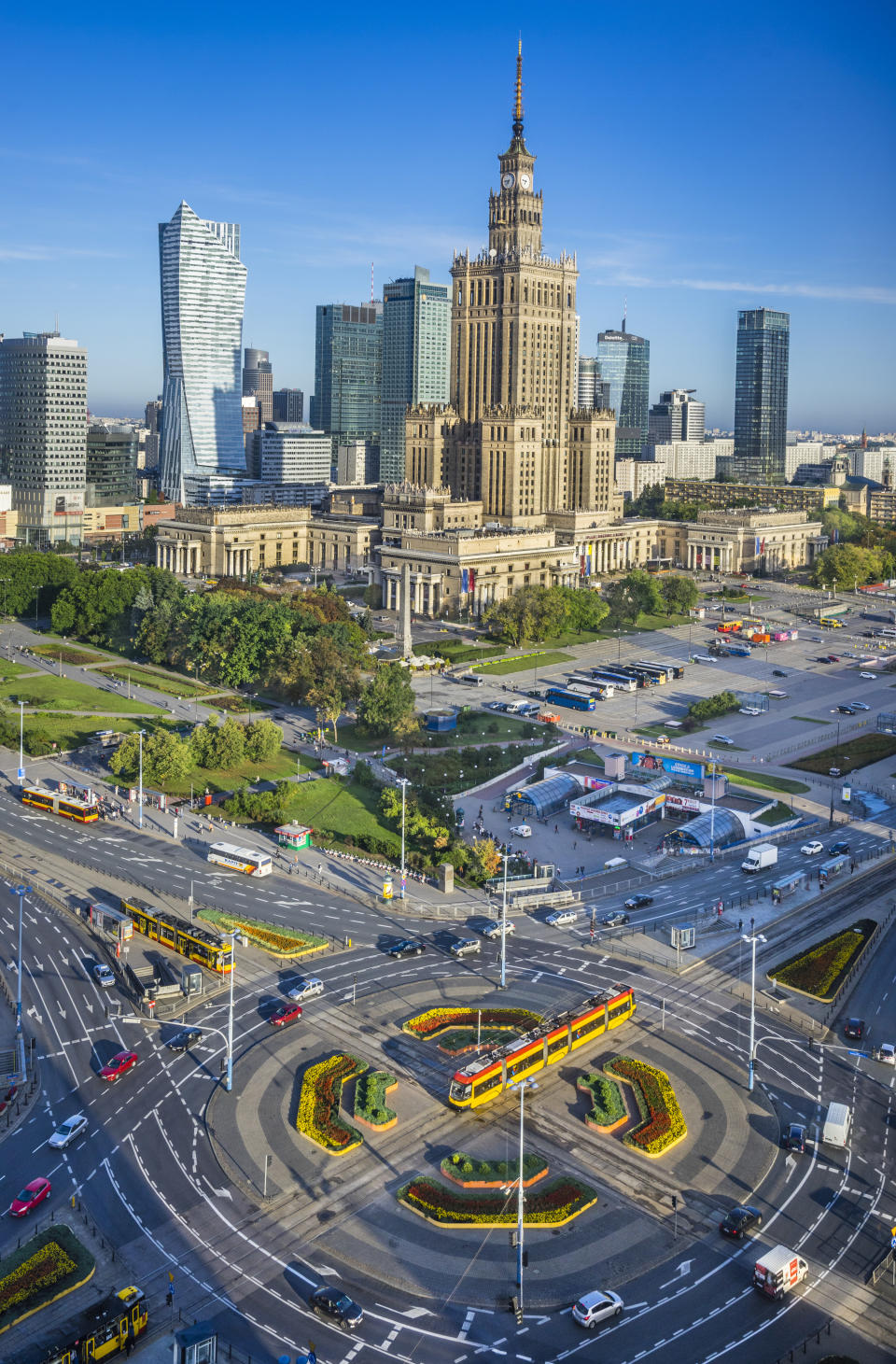
"I've visited about 10 times since, and each time, I feel more confident about my speaking."
—Julia
14."My story's a little complicated: I was born a first-generation Brazilian American. My mom divorced my dad when I was around 1, and we then moved back to Brazil, where my mom met my stepdad (who has always been amazing). So, I was raised in Brazil, but I'm considered a gringa (foreign girl) in both Brazil and America."
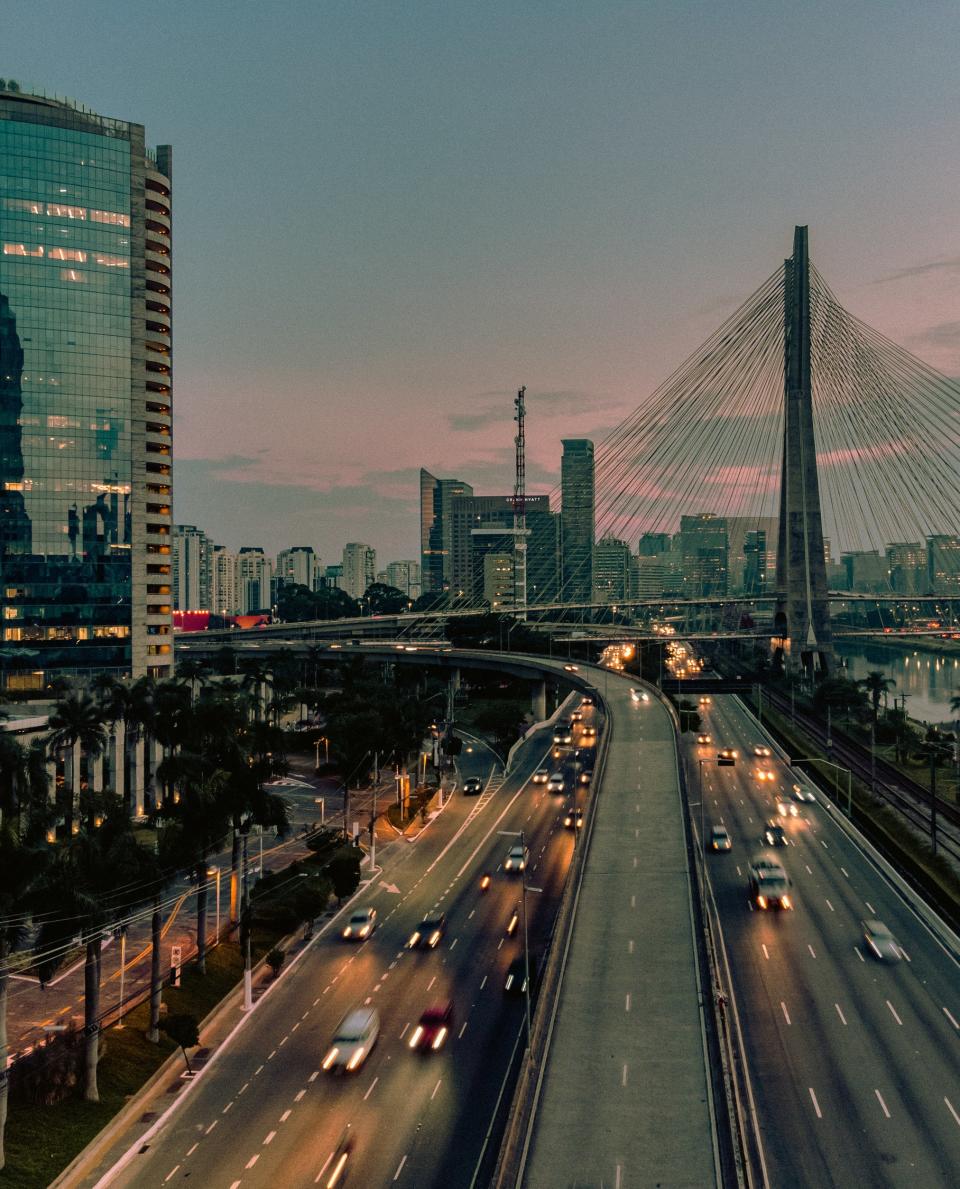
"I love Brazil, though. It's where my family is, and they have amazing food."
—Anonymous, California
15."My grandparents left Ireland a few years before my dad was born. I went to study abroad there and ended up living there for 10 years. When I landed in Galway, I immediately felt at ease and like I was meant to be there. I connected with all of my second cousins, great aunts, and great uncles. I even felt like I was able to spiritually bond with my grandmother who passed away when I was young. The 'taking the piss out of each other' culture and general 'craic' kept me there. I was able to get citizenship as second-generation Irish (which is honestly unfair to the cohorts of Irish people who were born there to non-Irish citizens). I'm grateful for my citizenship and connection to Ireland. I got really involved in Irish feminism there and am so glad I could witness Irish activism and community building because they know how to strike, protest, and protect each other like no other."
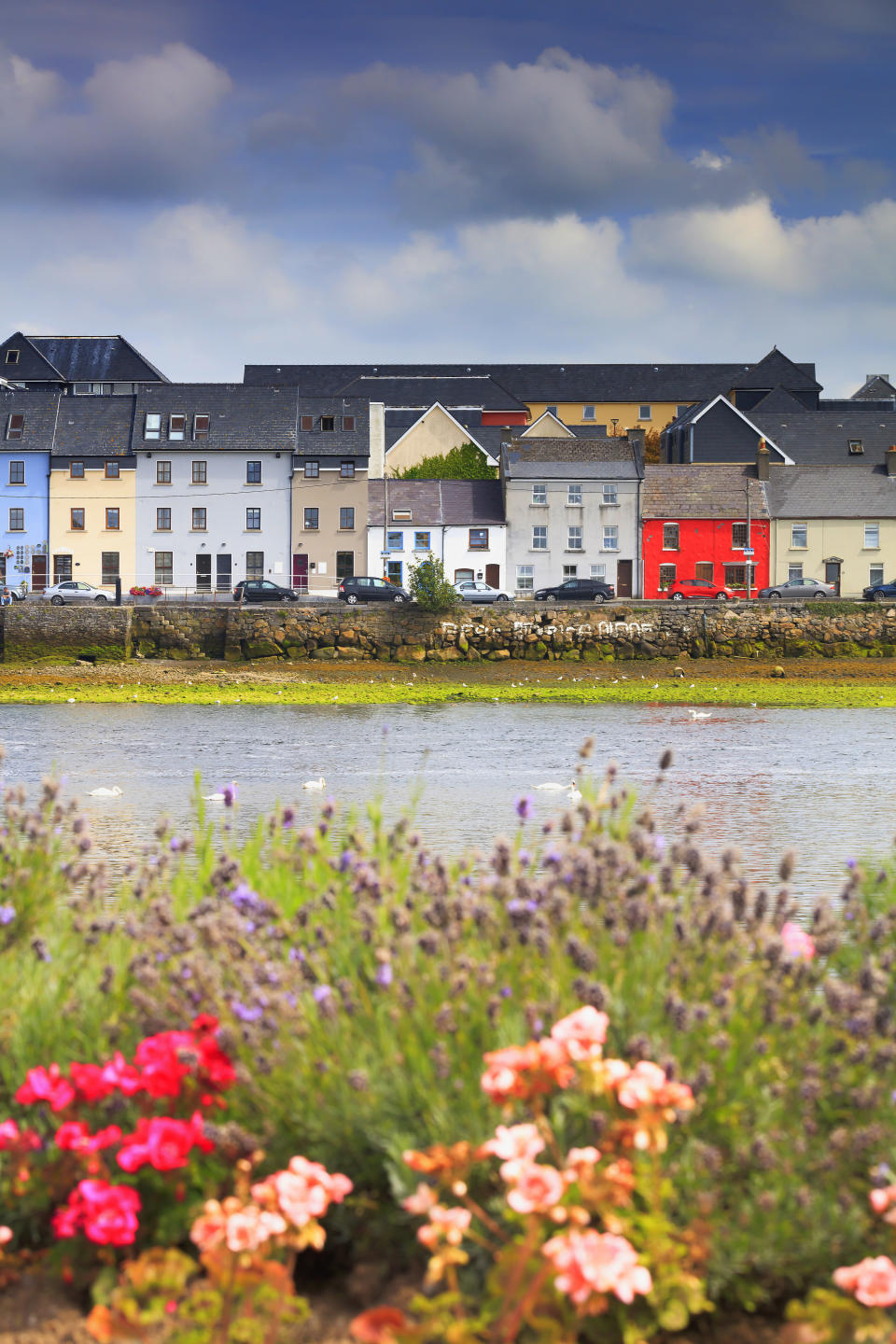
"Pro-tip to fellow Irish Americans traveling to Ireland: Do not dive straight into tales about the graveyards and locales of your grandparents' families and ancestors when you meet new Irish people. They will make fun of you.
But, still do go looking for those places because it's always cool to see. And while they are making fun of you, they are happy to have new people in their small town pubs (and they probably do know your grandparents)."
—JC
16."It's...interesting to visit where my parents are from in India. There are definitely a lot of things that are different. I'm bilingual, but I have an American accent when speaking my mother tongue. I'm also really bad at it, and my relatives just love to point that out. People also always comment on how different you look when they meet you. It's thought of as them caring enough about you to notice how you look different, but since I'm American, I think it's rude."
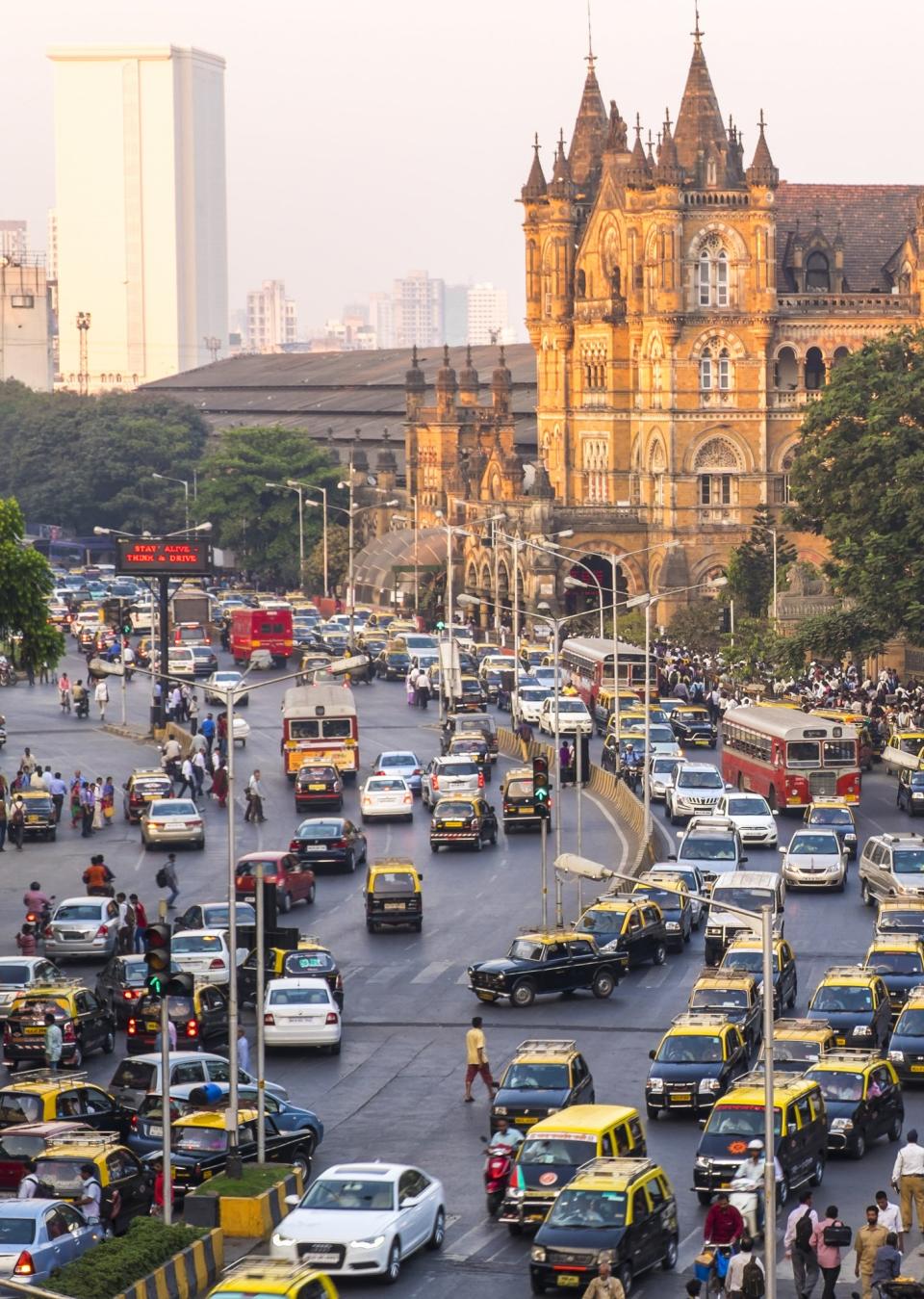
"The time change is huge, and the heat is too much for me. Overall, it's fun to visit India, but where I live in the US has a lot of people of Indian descent, so I think I'll stay where I am for now."
—Anonymous
17."My parents are Vietnam War refugees, so there were a lot of emotions for our first family trip. All of my white friends shared their stories of kindness and hospitality, but all of my Vietnamese friends warned me it would be different for us. We were expected to pay bribes, and all of our bills were basically doubled. I wouldn't go again after being treated that way."
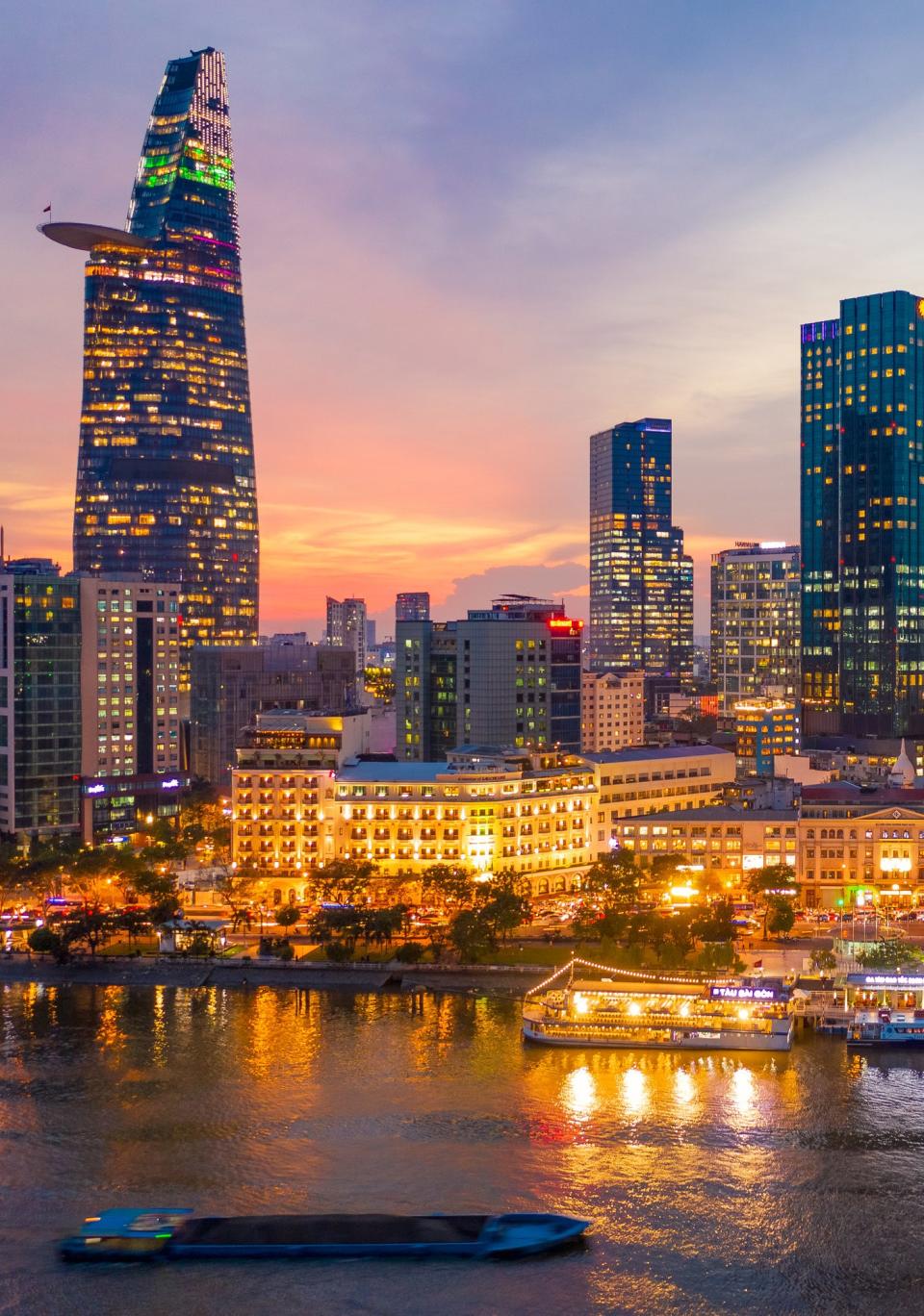
—Anonymous, Texas
18."I'm Serbian and Croatian. I was born in Serbia, but my family fled during the Yugoslav Wars. I was 2 at the time and didn't visit Serbia until my late teens. What a culture shock. Everyone knew I wasn't a local, and I got quite a lot of stares. The clothing styles in the US and Serbia differed so much that it was obvious I wasn't from there. Aside from that, a bunch of small things made me realize how different the US and Serbia are. For example, Americans smile at each other and say hello even if you're passing a stranger on the street. That absolutely doesn't fly in Serbia. Strangers don't smile at each other or make small talk. You'd be considered weird to do so. Another crazy thing: Cars won't really stop for pedestrians. It also really bothered me how rude and blunt people were. Strangers had no problem telling me I was chubby. I truly lost my desire to ever visit again because of that."
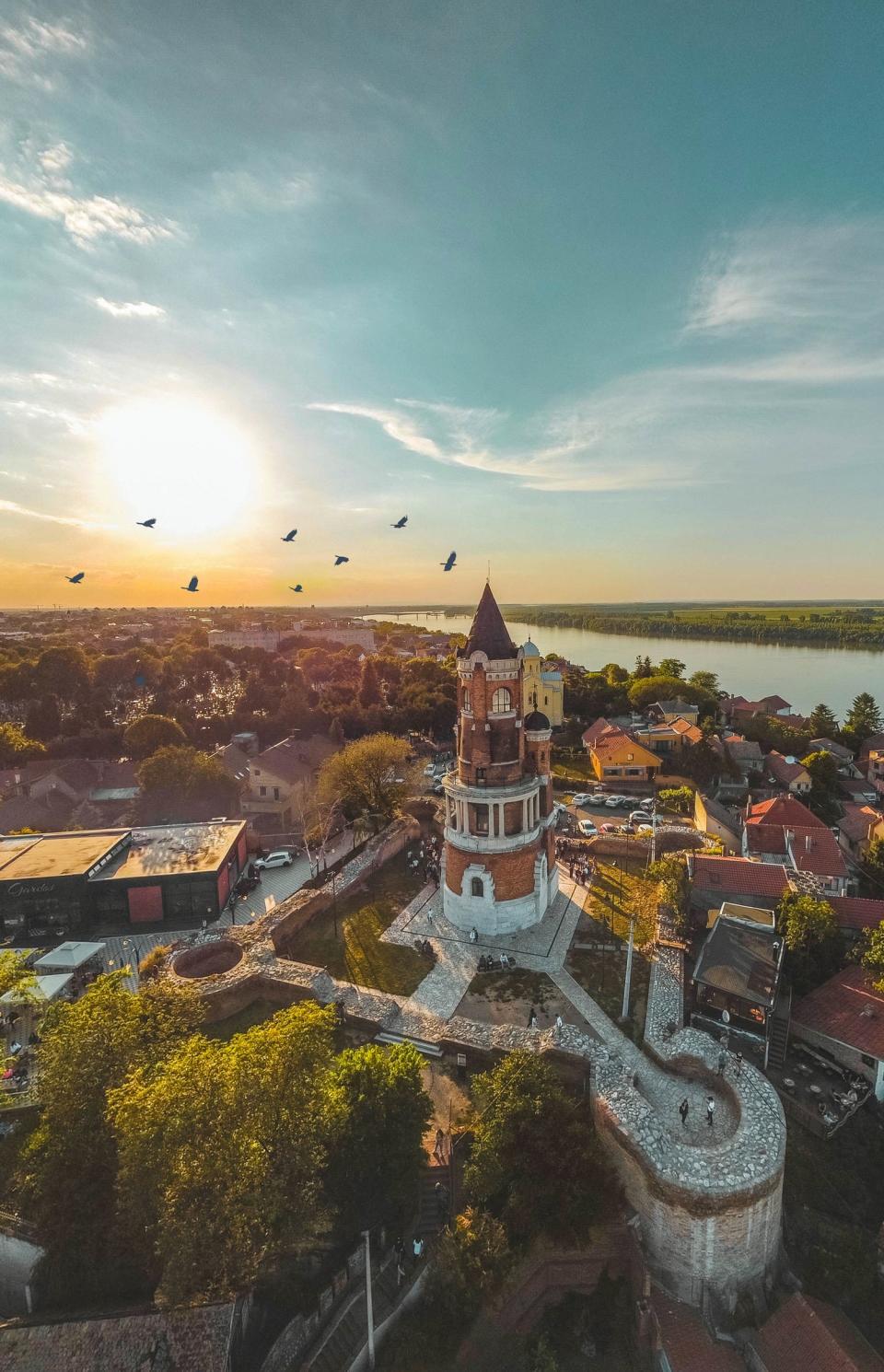
"They would ask something ridiculous like, 'Why aren't you thin?' It was mind boggling because no one has ever done that to me in America."
—Anonymous, Colorado
19."Both of my parents are from Ghana in West Africa, and I'd been a few times before I was 18. Each time, my grandparents expected me to be fluent in the local language, but I was nowhere near fluent. I couldn't even say, 'My name is...' When I was 25, I decided to join the Peace Corps and do my service in Ghana. Many people would look at me and know I was Ghanaian, but once I spoke, the American was revealed. Nevertheless, people were nice about it."
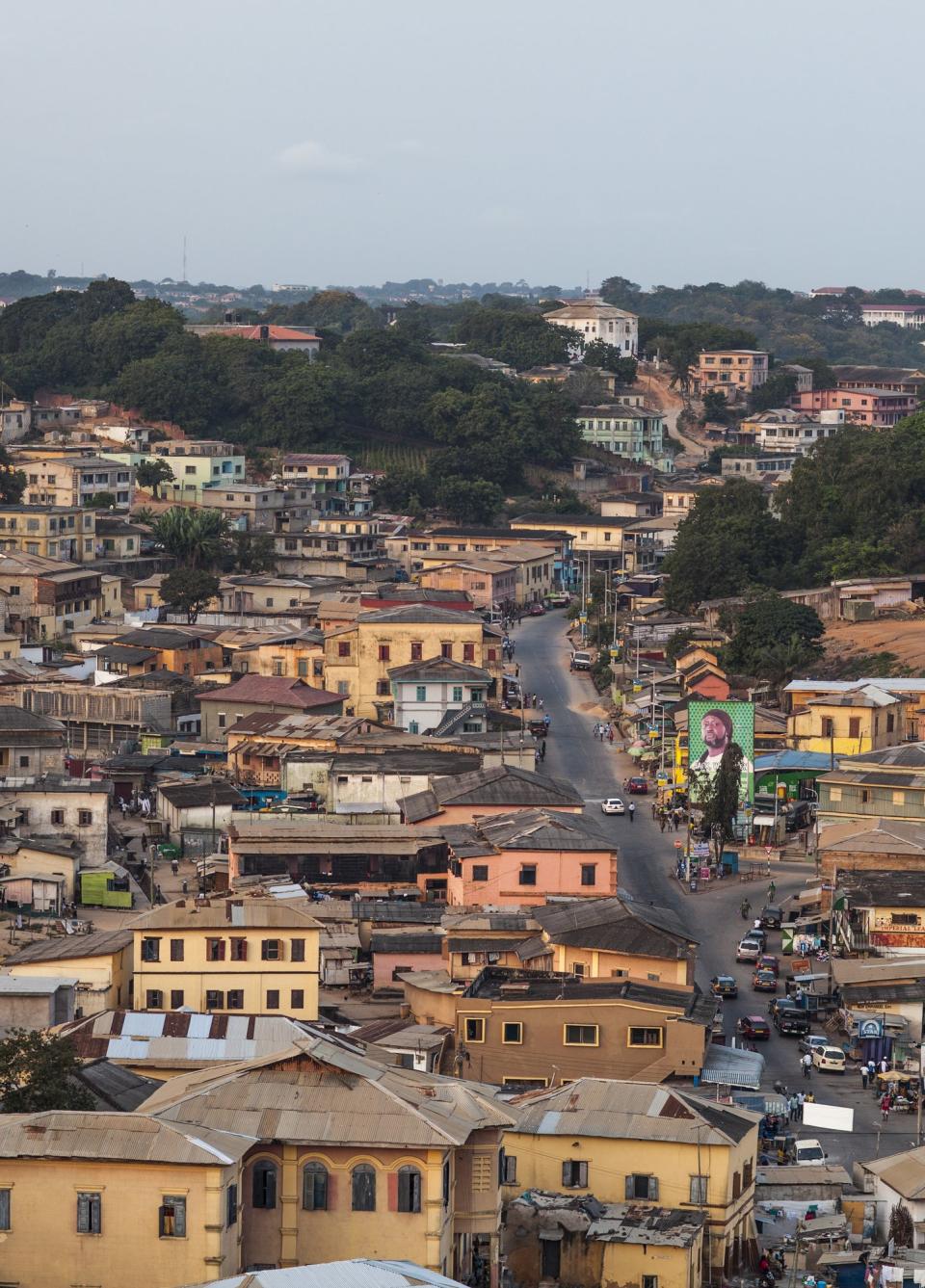
"In fact, I felt so welcomed after my service ended that I've considered going back."
—Danielle

